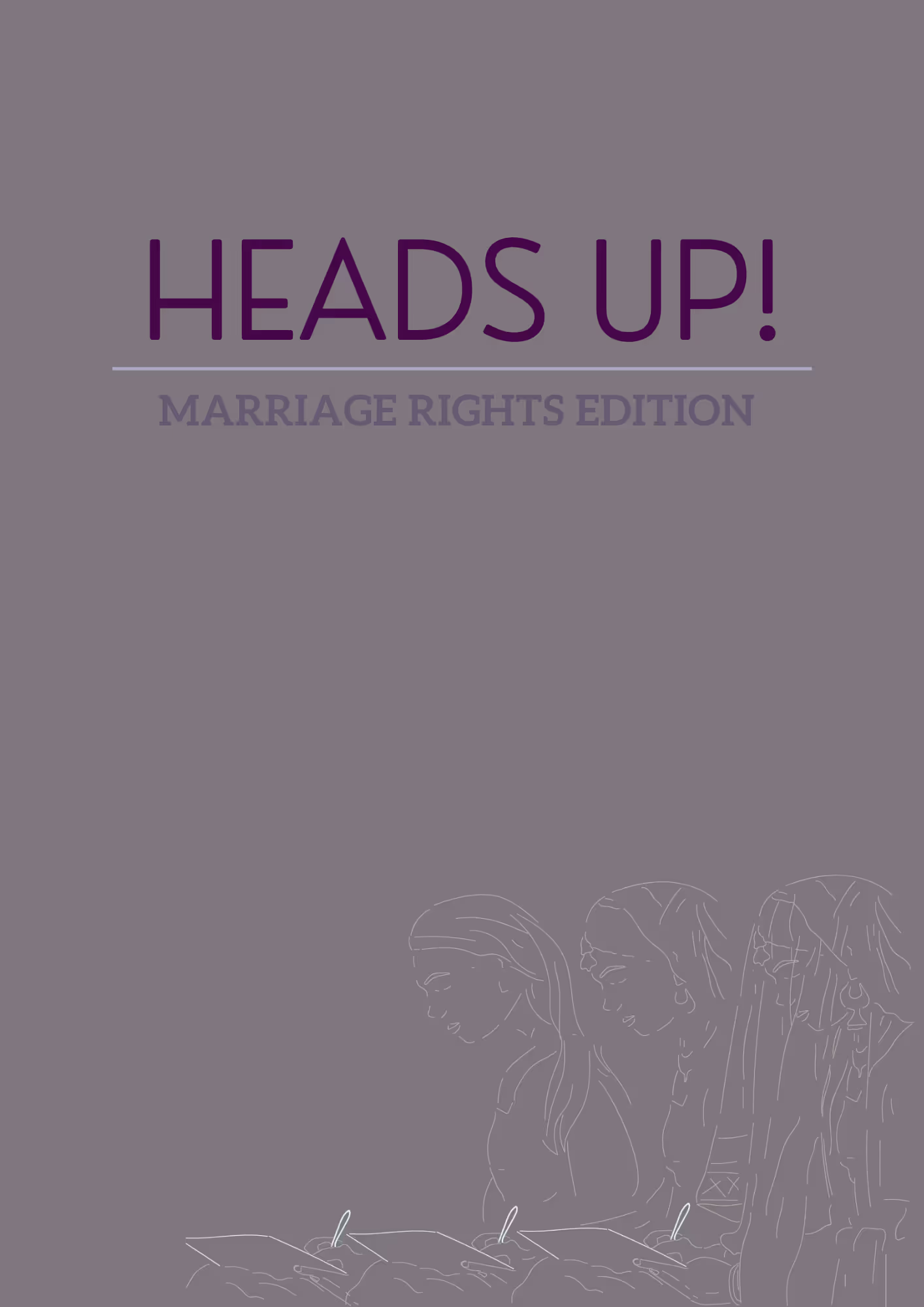
In Pakistan, many women sign nikahnamas (marriage contracts) without fully understanding their rights, often due to familial pressure or a lack of awareness. Despite the presence of laws and legal protections, women often face significant challenges in securing their financial and divorce rights, leaving them vulnerable and marginalized in the context of marriage rights. To address these challenges, our initiatives aim to bridge gaps in implementation through a range of targeted and collaborative efforts across Pakistan.
Our initiatives include Know-Your-Rights Workshops, social media campaigns, documentary series, and the development of educational materials on nikahnamas to raise awareness of marriage rights. We also organize national moot court competitions to facilitate dialogue on women’s marriage rights among law students.
CFHR places a strong focus on training and capacity-building for key stakeholders, including Nikah registrars, Nikah Khwans, Union Council Secretaries, law professors, to promote a deeper understanding and enforcement of marriage laws. Through our Marriage Rights Clinic, we provide legal advice, representation, and support to women and girls, improving their access to justice.
Additionally, CFHR actively engages in strategic litigation to address systemic issues in critical areas such as divorce, dowry, child custody, and underage marriage. These efforts collectively aim to empower women, protect their rights, and create a more equitable framework for marriage laws in Pakistan.
Local Action, Global Impact
We work across Pakistan, driving legal reform, advocacy, and policy change to protect human rights and empower communities.







.avif)









.avif)








.avif)



